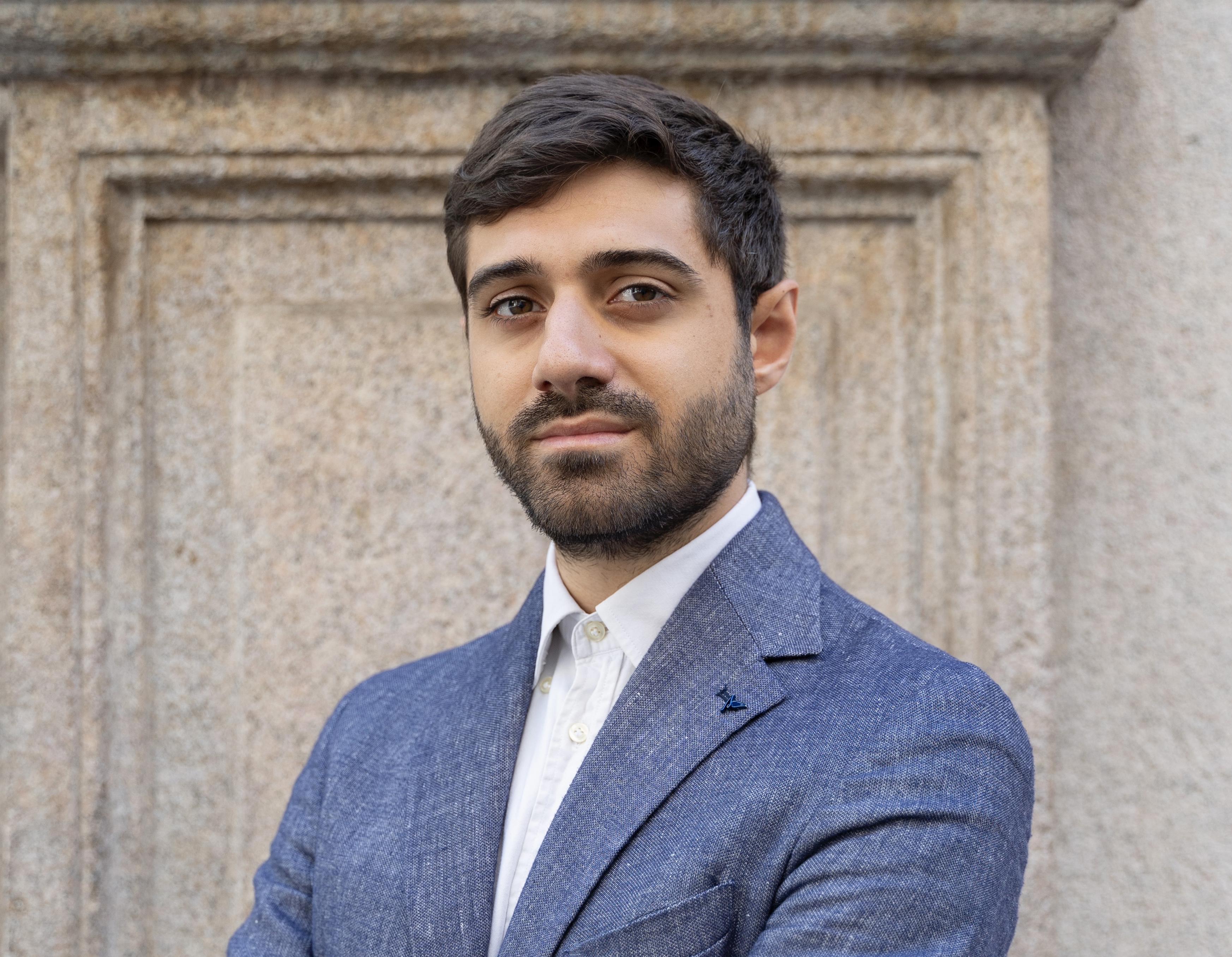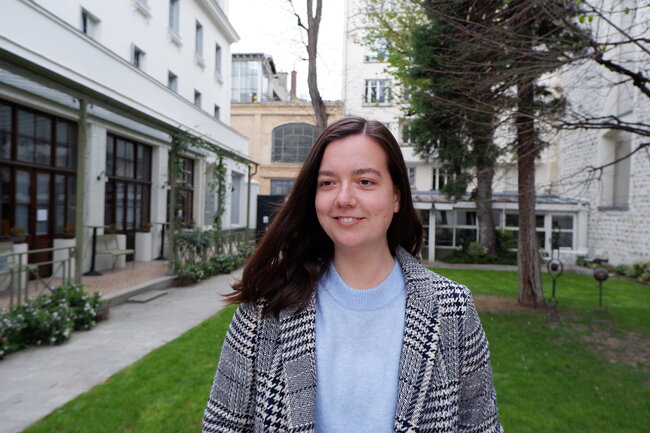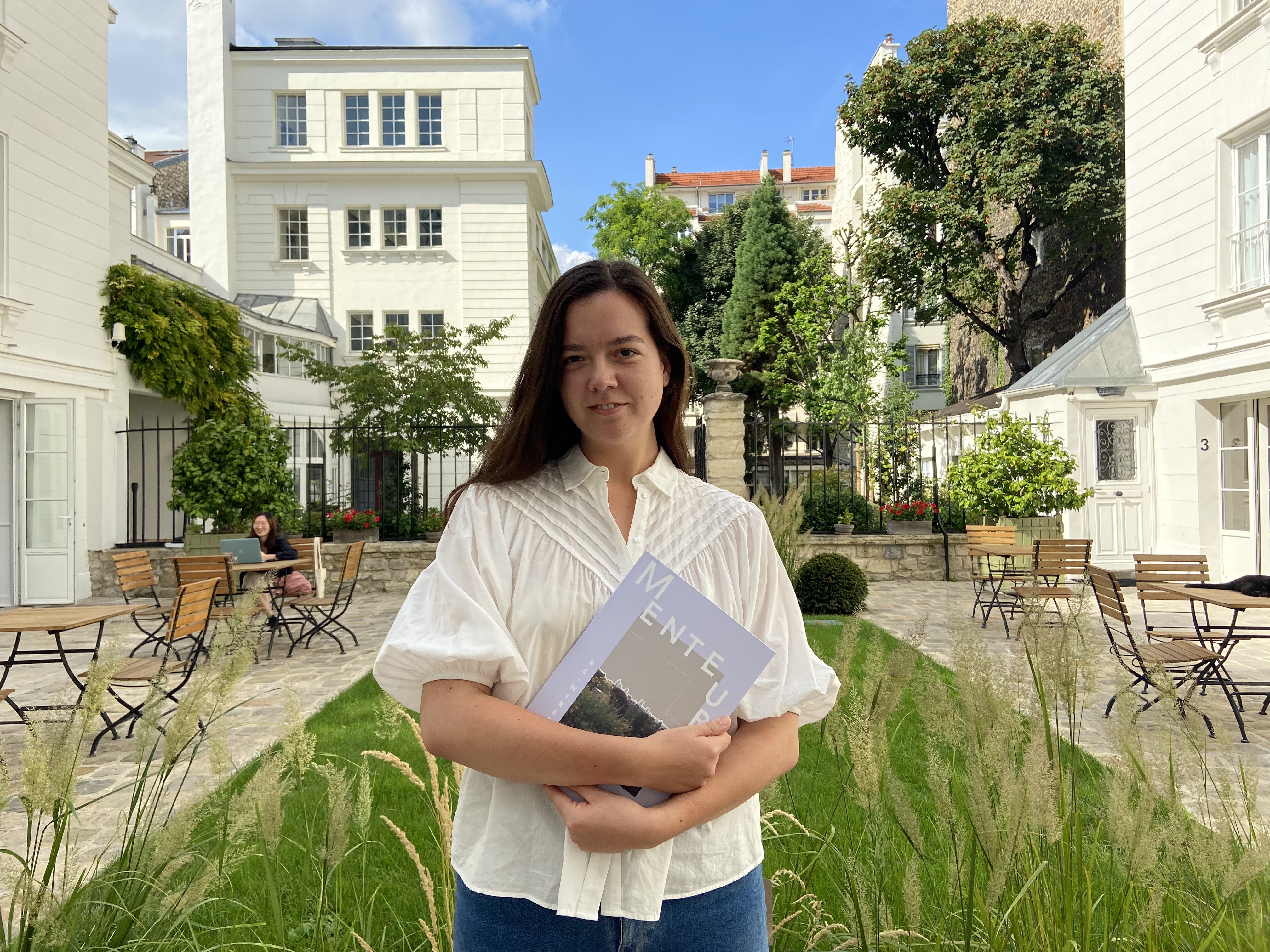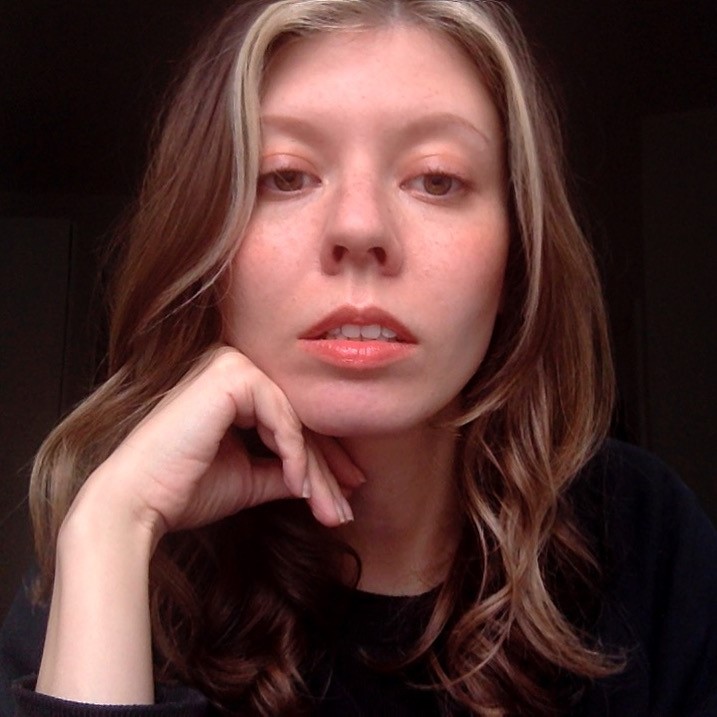In the latest edition of our Graduate Profile series, we are pleased to introduce an alumnus who is still living in Paris. Originally from Italy, Lorenzo Barone came to Paris to pursue our History and Philosophy of Art Master’s Degree Programme, the first step to broadening his horizons and career path in the Paris and international art scene. Learn more about Lorenzo and his current activities in our interview.
Where are you from and what originally brought you to Paris?
I first came to Paris to study at PSAC in order to raise the level ofmy education in an international foreign language like English, as wellas learn a new language like French, and live in a wonderfulinternational capital as Paris.
What attracted you most about studying at PSAC?
What attracted me the most was the difference between PSAC’suniversity approach and my past experiences in Italy. More concretely,the debate and free exchange of ideas between professors and students,which I firmly believe is a more solid method for the academicmaturation of the students.
What were some of the highlights of your experience?
Not only is the environment magical at PSAC, where you can reallybreathe history, but I also had the opportunity to express mystudy proposals, and my creativity in front of professors and alumniduring lectures and events. The best moment? The tango lessons!
What are you currently doing and how did that come about?
Right now, I am director of the PIGMENT art gallery in Paris. Ibecame director after several internships in art galleries in Paris andworking in an international gallery in Milan as an in-house curator andlogistic manager.
Do you think that your studies at PSAC helped with your career orcreative endeavours?
Absolutely. The open-mindedness, the language, together withextensive studies, and the support of professors toward my interest incontemporary art, what I call “living art,” allowed me to develop acreative sense and rigorous approach, now indispensable in my work. Butalso, the contemporary poetry course, has spurred me to keep expressingmyself creatively and keep writing!
Would you recommend PSAC to potential students and if so what would you tell them?
I would absolutely recommend PSAC to all students who want tocontinue an excellent education in a stimulating environment and amagnificent city that offers not only culture but opportunities forcreative self-expression. If I had to give advice to future students, itwould be to not only think about getting an excellent education, but tomake the most of everything that staying at PSAC can offer, because thetime is not only books and classes, but human and cultural relationshipsthrough the city and events!
Merci Beaucoup, Lorenzo!
You can connect with Lorenzo on LinkedIn or Instagram. Learn more about PIGMENT art gallery and its exhibits on its website or Instagram.




